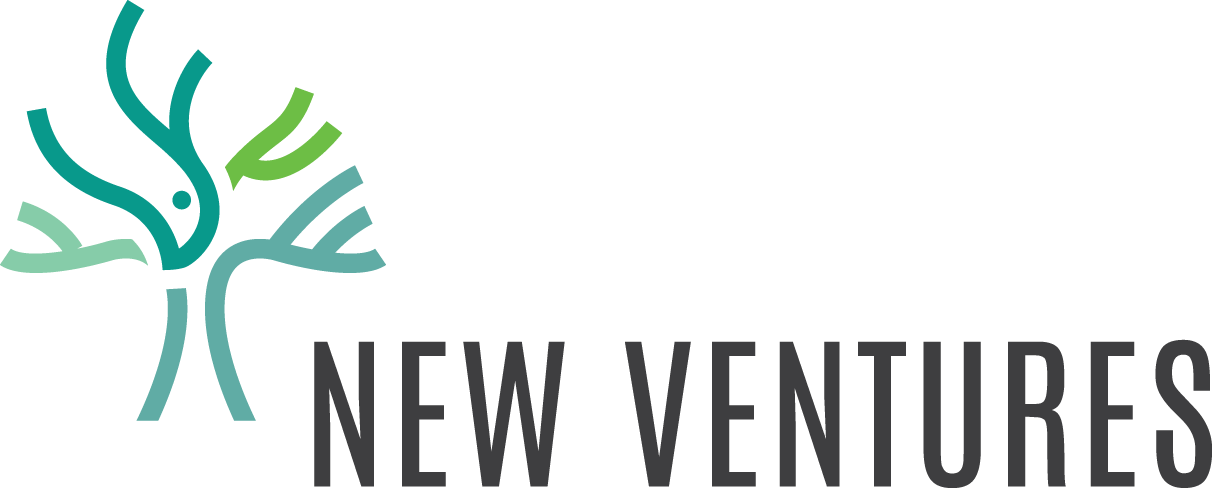Reconciliation, Mercy and the Church: National Indigenous People's Day
June 21st is National Indigenous People's Day in Canada. For Canadian Christians and church leaders, this day presents an opportunity to pray and reflect upon the pursuit of reconciliation and right relationship with Indigenous people and communities.
We are so thankful for leaders like Howard Jolly, the Executive Director of the First Nations Alliance Churches of Canada (FNACC), and their desire to encourage and affirm the dignity of Indigenous leaders, churches and ministries.
Howard also plays a key role in generating awareness of Indigenous history, culture and issues in churches across Canada. Earlier this month, he shared his story in an Alliance church in Caledonia, Ontario. He told them that, a couple days earlier, he had visited the Mohawk Institute Residential School in the nearby Brantford area.
This school, which operated from 1831 to 1970, was the residential school that two of Howard's older brothers, Allan and Joseph, attended. Following the visit, he explained:
“When we got there, it was really emotional for me, because I was acutely aware that this was where my brothers were when they were little boys. I wondered what things they went through in that place.
We were from Waskaganish, Quebec, way up North, about 600 miles away [from Brantford.] They probably would have travelled to the school by train, then by bus—and it’s a very different environment than where I grew up.
I was just thinking about what life was like for my brothers growing up in that school. Being there must have been really disorienting.”
While walking around the school grounds, Howard looked for an inscription on the school’s façade. His brother Allan had told him he remembered writing his name on a stone at the back of the building.
Though he didn’t find the inscription, Howard came upon an installation of children’s shoes and toys, a memorial set up to honour the many children who never returned home from residential schools in Canada. For Howard, who was in a residential school for over six years as a little boy, the experience was overwhelming, and powerful.
In his visits to old residential schools and the sites of unmarked graves across Canada in recent years, Howard has been compelled to pray, and think about those children. As a residential school survivor, he states:
“. . . I was one of them. And I could have been one of those children that died in that place. I want to honour them in the way I talk about history, and the way I talk to the church about the impact of residential schools.”
“Many of these children experienced cruel and unjust treatment,” he continues. “They were at the mercy of the people that ran these schools. Some children ran away. Others were sometimes treated well, but [countless] were emotionally, physically, spiritually, culturally, and sexually abused.”
That day at the Mohawk Institute Residential School, Howard thought about his brothers. He pondered the fear that Indigenous children felt, being in a place far from their parents, unsafe. He lamented the reality of unmarked graves, marking the lives of those who died at the schools.
“Children should not have died away from family, community, and home.”
Full of grief, Howard wondered how God’s Word could speak to the pain and trauma experienced by his community.
“The Lord told Cain in Genesis 4, ‘The blood of your brother cries out from the ground to me.’ I thought of these children’s innocent blood crying out from the ground, too. . . Commentators believe that the blood of Abel, Cain’s brother, cries out for vengeance. My thoughts moved from the story in Genesis to the book of Hebrews, which speaks of a better way. Though Abel’s blood rightfully cries out for justice. . .the blood of Jesus cries out for mercy. Mercy is better than vengeance, because it makes reconciliation possible. Reconciliation is better because it gives hope for a better future.”
Standing on the grounds of the school, Howard prayed—for God’s mercy to pour forth, for His people’s healing, for forgiveness to flow, for all people who walk on this land to experience God’s love, and for reconciliation of all people in Canada.
As he makes space to lament the injustices in the history of his people, and their ongoing impacts, Howard also speaks of this hope he clings to.
“My heart is to bring reconciliation, to do reconciliation. I want to see what reconciliation looks like in our lives. . .
“We need to process this story together, and not be intimated to do so, knowing that God loves us. . . Jesus tells us that by our love and shalom with one another, others will know that we are His disciples.”
Howard’s ministry in Canada is dedicated to sharing the Gospel message of reconciliation—the essential truth that God desires closeness with each of us. And, as we are reconciled to Him, restoration and reconciliation can spill into our relationships with one another. Amen.
Today, we pause to recognize Canada’s Indigenous People’s Day, and we invite you to pray for Howard and Indigenous leaders across Canada. Justice-seeking, compassionate deeds and love of neighbour are an essential call for all followers of Jesus. As we continue to follow God’s lead into new things in Canada, may we remember the importance of building and restoring relationships with our Indigenous brothers and sisters—all in the name of Jesus.
A few years ago, The Alliance Canada put together a prayer guide to respond to the calls to action in the Truth and Reconciliation Commission. Calls 58-61 apply to the church in particular. If you are interested in responding prayerfully as a church leader, we encourage you to take a look at Part 3 of this Alliance resource here: cmacan.org/trc-prayer-guide/




